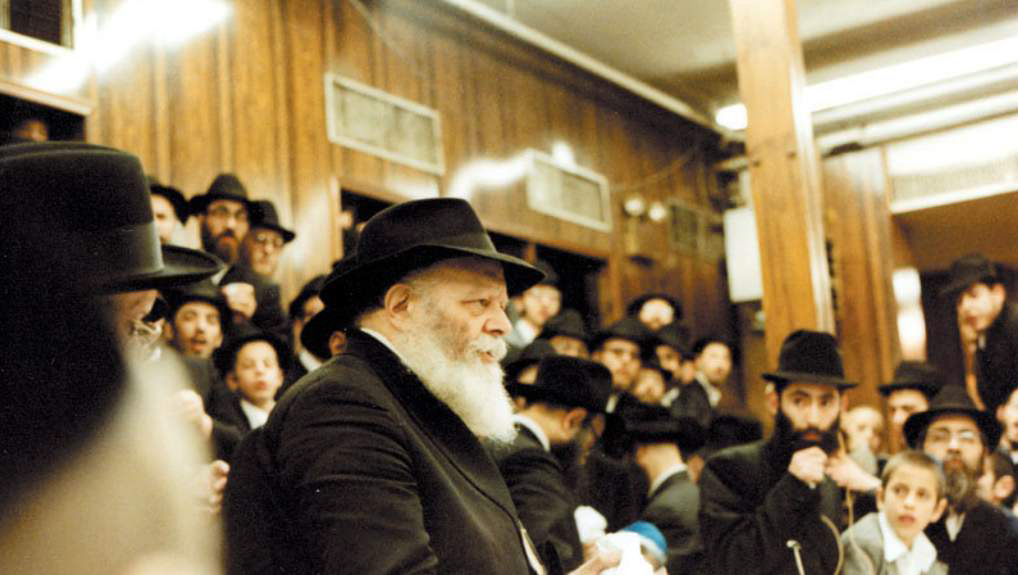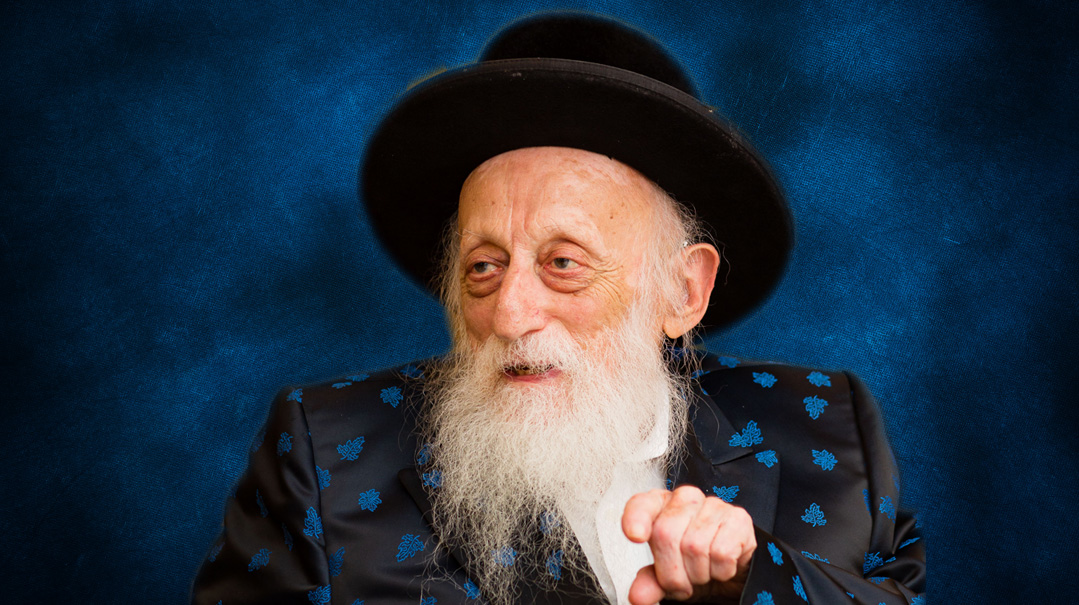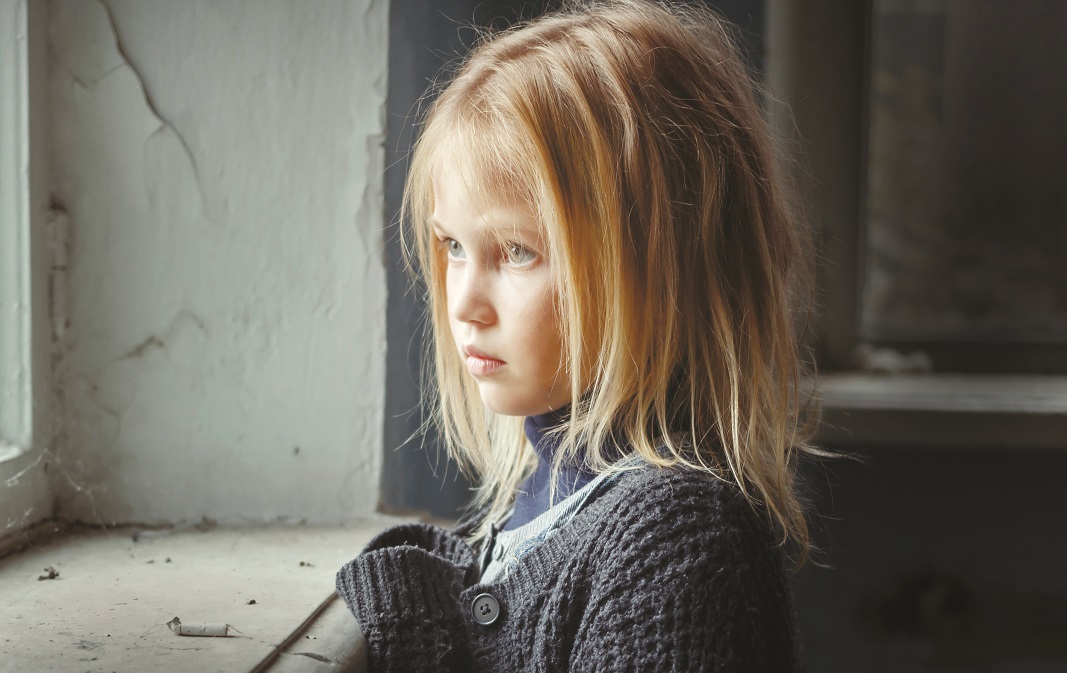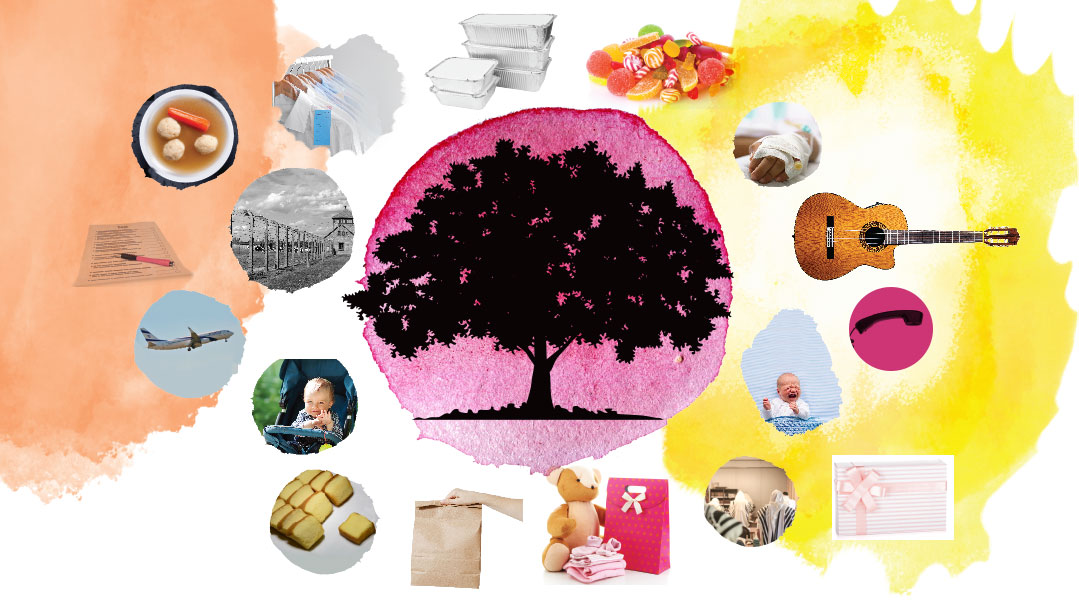The last hug
| October 10, 2019“Daddy. Couldn’t you have waited so we could say goodbye?”
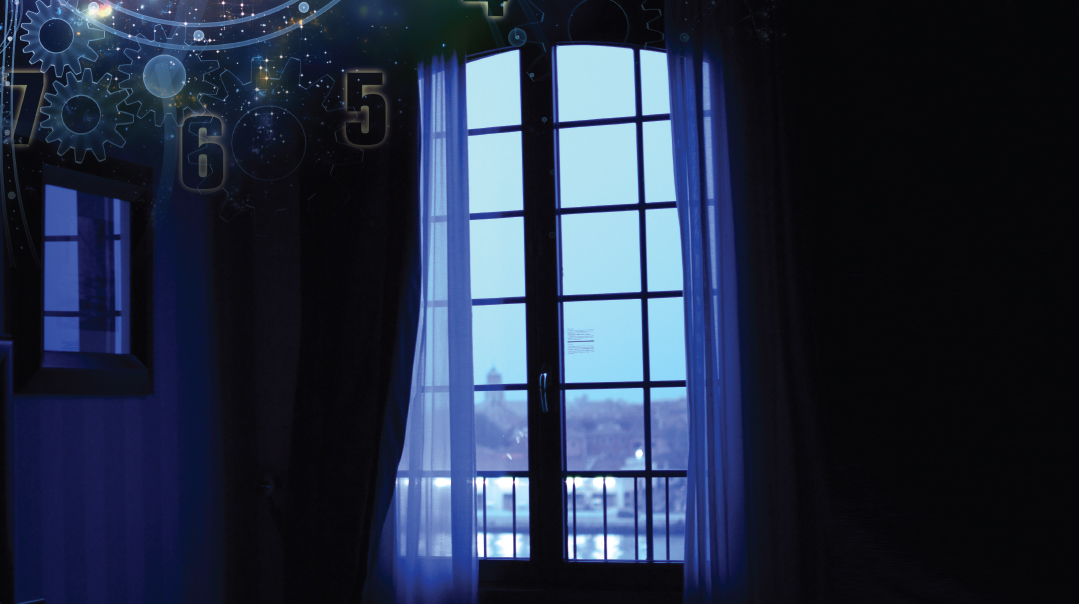
I can’t sleep.
The sloosh and swish of the waves rising and falling on the stony beach, and the dawn stirring of the birds, draws me out of bed to the window. But the darkness is thick, and on the street, no one is moving. For a moment I forget why I’m here in this small hotel in Devon, England.
Then the memories flood in, rending my heart once again. “Your father has gone,” the voice on the other end of the phone informed me that Friday morning, as I was kneading my challah dough.
At first, I had no idea what she was telling me.
“What do you mean gone? I spoke to him yesterday; told him we were coming to visit. We laughed, shared a joke!” I cried out.
But gone was gone, to where none of us could see him ever again. Gone was an ambulance, a final goodbye. Gone was phone calls with words I had to say, but dreaded speaking.
For two weeks we dawdled in the no-man’s land of time, waiting for his body to be released. In England, a sudden death necessitates endless investigation, endless formalities — and his was sudden. One minute he was drinking a cup of tea, the next…
I was shopping, the mundane shopping to keep a household running, when my brother called “They found the cause. It was a heart attack. The funeral’s Thursday.”
And now, here I am, in the little village that he loved, and where our family had spent so many wonderful vacations. We're waiting to give him a burial unlike that which anyone here has seen, in a little cemetery with its Jewish section, nestled among the hills he loved walking through, his beloved dogs by his side.
My siblings have each trod their own path, some very far away from the one my family and I walk. But my father loved us all for who we were. Explaining the requirements of a Jewish burial was like talking in a foreign language. Fear made them balk at the rituals I said were important. In spite of that, due to the goodness of some very special people who went out of their way to ensure that a Jew had a proper burial, a proper taharah was arranged.
“It’s our custom to stay with the body the night before it is buried,” I tell the funeral home directors, who make not just a room available, but also designate one of their staff to stay all night. We divide the time into slots. Mine is between six and eight in the morning, but at four thirty, I’m awake, and know that the only place I want to be is with my father.
I pull on my rumpled clothes, discarded when I fell into bed exhausted and then couldn’t sleep. Reminding myself that I’m an onen, I find not saying any brachos is strange, but somehow also right — my grief fills every corner of my mind.
I slip out of the hotel, pulling my coat closed against the predawn cold, and walk down the steep road, coming to a halt in front of an unlit shop window. True to their word, a staff member is there, and the door opens at my tentative knock. I’m ushered through the premises, past strange memorials, to a bare room at the back. My father is there, in a simple wooden coffin, and we're alone, in the demi-light of death.
Whoever was meant to take this slot has obviously found it too hard, and I’m pleased to have my own private time. For a moment I’m at a loss for words, too many memories flooding my mind.
The funeral home seems so empty, cold, devoid of any life. There’s one hard wooden chair in the corner. I pull it towards the coffin, perching tentatively on the edge, not knowing how to begin. I start to speak.
“Daddy!” My voice sounds small, uncertain with pain. I feel the tears slip down my cheeks. “Daddy. Couldn’t you have waited so we could say goodbye?” bursts out, anger clouded by pain. And then, “I’m sorry!”
Clutched in my hand is the Tehillim that accompanies me everywhere. I open the frayed pages at his favorite perek. “Esa einei el heharim — I lift up my eyes to the hills,” I begin to recite. The phrases reverberate off the stone walls.
As I read Dovid Hamelech’s words, I sense the sigh of his neshamah, and the room fills with an almost tangible aura of peace and serenity. The longer I read, the deeper the sense of tranquility and calm. It feels as though he’s been waiting for me, knowing I would come. A final comfort for the precious father who’d loved us beyond himself. The last hug I would get, but one that I would always treasure.
Inside this room, we transcend time and space. Nothing matters but the words of Tehillim that flow on and on.
When the door finally opens and my siblings appear, I know that I’d been privileged to something beyond words. This was time above time and, in the cocoon of my father’s love, I’d been able to say my last goodbye.
(Originally featured in Family First, Issue 663)
Oops! We could not locate your form.






